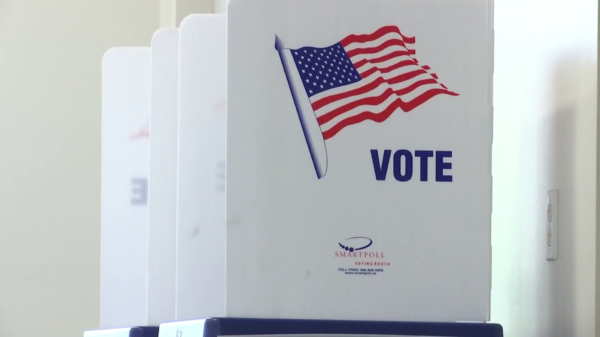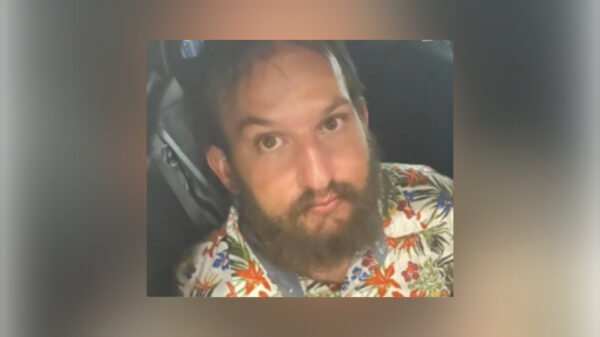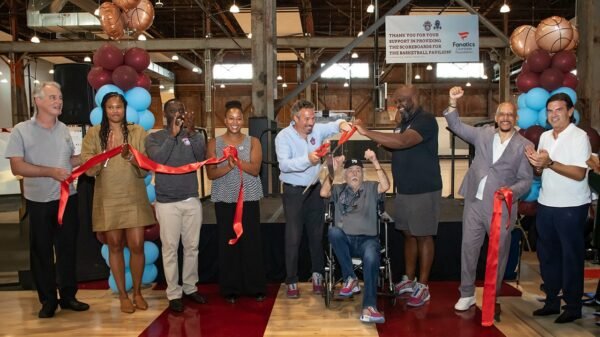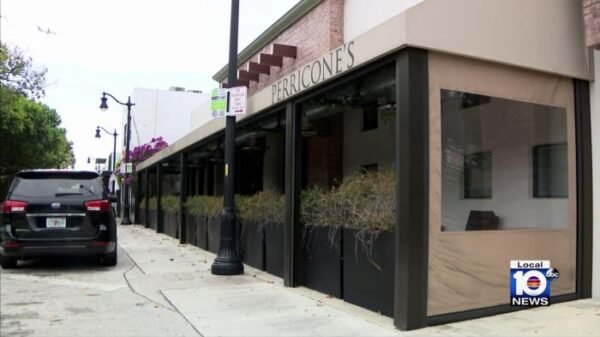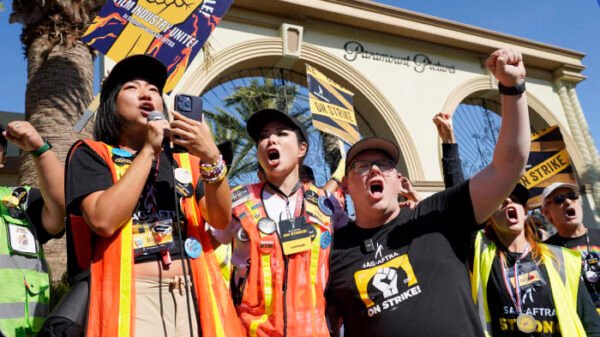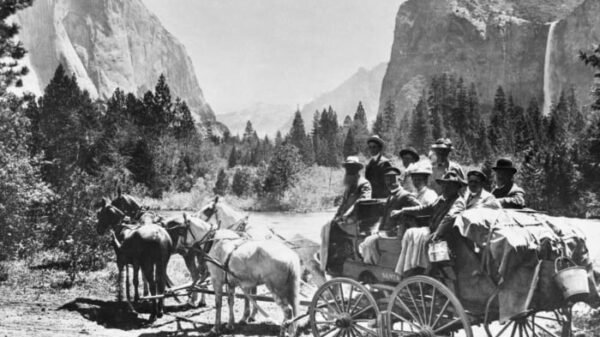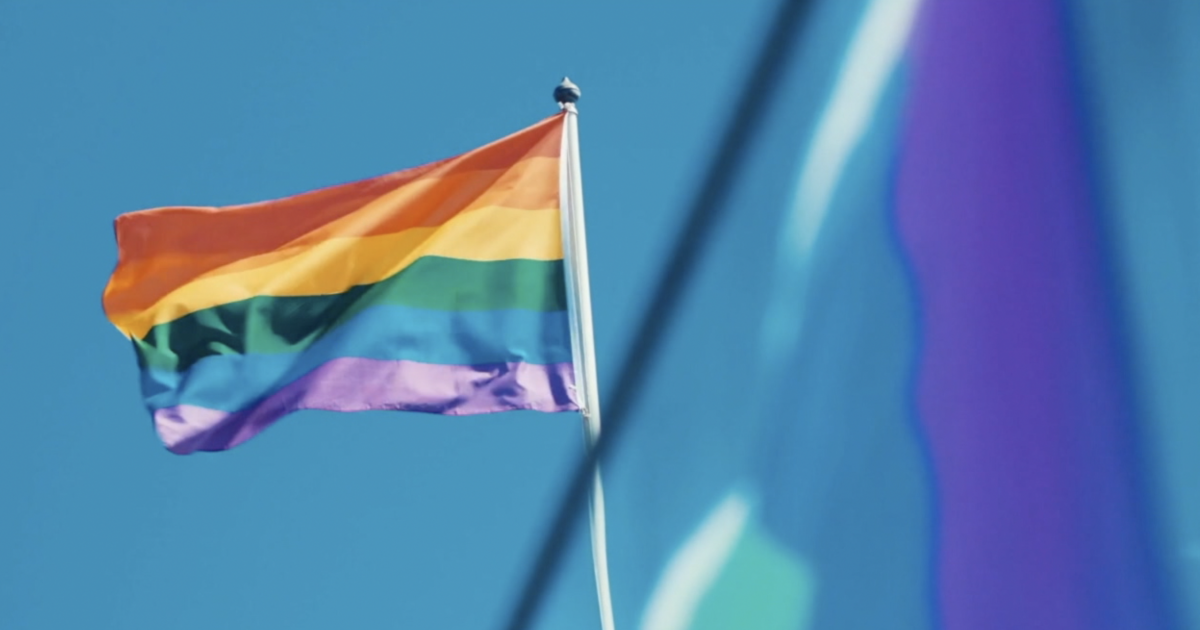Understanding Drug Addiction in the Older LGBTQ Community: Raising Awareness and Providing Support
Drug addiction is a pervasive problem that affects millions of individuals worldwide. While addiction can strike anyone, certain communities face unique challenges and vulnerabilities. The older LGBTQ community, in particular, often grapples with drug addiction due to a variety of factors such as discrimination, societal pressure, and limited access to supportive resources. In order to address this issue, addiction centers are taking crucial steps to raise awareness and provide specialized support for this marginalized group.
1. The Intersection of Aging and the LGBTQ Community
As members of the LGBTQ community age, they face multiple challenges that can significantly impact their mental health and well-being. Many older LGBTQ individuals may have experienced a lifetime of discrimination and trauma, leading to increased rates of depression, anxiety, and substance abuse. The unique struggles faced by this community make them more vulnerable to drug addiction.
Furthermore, the aging process itself can be challenging. Older LGBTQ individuals may face social isolation as they lose connections with friends and loved ones who have passed away or may be estranged from their families due to their sexual orientation or gender identity. These factors contribute to a sense of loneliness and disconnection that can drive individuals to substance abuse as a coping mechanism.
2. Barriers to Support and Treatment
Despite the urgent need for addiction support, the older LGBTQ community often faces significant barriers when seeking help. Many addiction treatment centers lack specific programs tailored to the unique needs of this community. This lack of inclusivity can create a hostile or unwelcoming environment for LGBTQ individuals, leading to reluctance in seeking treatment.
Moreover, the history of discrimination and mistreatment experienced by many older LGBTQ individuals erodes their trust in healthcare systems. Thus, building trust and providing culturally competent care is essential in order to engage the older LGBTQ community and encourage them to seek the treatment they require.
3. Raising Awareness in the Healthcare Community
One crucial step towards supporting the older LGBTQ community with drug addiction is raising awareness among healthcare providers. Addiction centers are working to educate healthcare professionals about the unique challenges faced by LGBTQ individuals, as well as the important role they play in providing a safe and inclusive environment.
Through training programs and workshops, addiction centers are equipping healthcare providers with the knowledge and skills necessary to offer culturally competent care and address the specific needs of LGBTQ individuals. By fostering a supportive and understanding environment within the healthcare community, barriers to treatment can be reduced, and older LGBTQ individuals can feel more comfortable seeking help for their addiction.
4. Implementing Inclusive Addiction Treatment Programs
Recognizing the need for specialized support, addiction centers are developing inclusive addiction treatment programs tailored to the needs of the older LGBTQ community. These programs take into consideration the unique challenges faced by LGBTQ individuals and provide a safe space where they can openly discuss their experiences and receive support.
These inclusive programs also focus on addressing the underlying causes of addiction within the LGBTQ community. They incorporate therapy techniques that target the specific trauma, discrimination, and social challenges faced by older LGBTQ individuals, helping them to heal and find healthier ways to cope.
5. Creating Supportive Networks
In addition to specialized treatment programs, addiction centers are working to create supportive networks for the older LGBTQ community. These networks not only provide opportunities for social interaction and combat isolation but also offer a sense of belonging and understanding that can be crucial in the recovery process.
Supportive networks can include LGBTQ-focused support groups, community events, and online platforms that connect individuals who share similar experiences. By fostering a sense of community and providing resources for support, addiction centers are ensuring that the older LGBTQ community has access to ongoing support throughout their recovery journey.
6. Advocacy and Policy Changes
Raising awareness about drug addiction in the older LGBTQ community extends beyond the walls of addiction centers. These centers are also working towards advocating for policy changes that address the systemic issues faced by this community.
Collaborating with LGBTQ organizations, addiction centers aim to bring attention to gaps in policy, funding, and resources. By advocating for equality and inclusivity, addiction centers are pushing for societal changes that will ultimately improve the lives of older LGBTQ individuals and provide them with the support they need.
Conclusion
The older LGBTQ community faces unique challenges and vulnerabilities when it comes to drug addiction. Addiction centers are recognizing the importance of raising awareness and providing specific support for this marginalized group. By understanding the intersection of aging and LGBTQ identity, addressing barriers to treatment, and implementing inclusive addiction programs, centers can better support the older LGBTQ community in their journey towards recovery. Through advocacy and policy changes, addiction centers are striving to create a more inclusive and supportive environment for all individuals battling drug addiction, regardless of their sexual orientation or gender identity.
*Source www.fox4now.com


